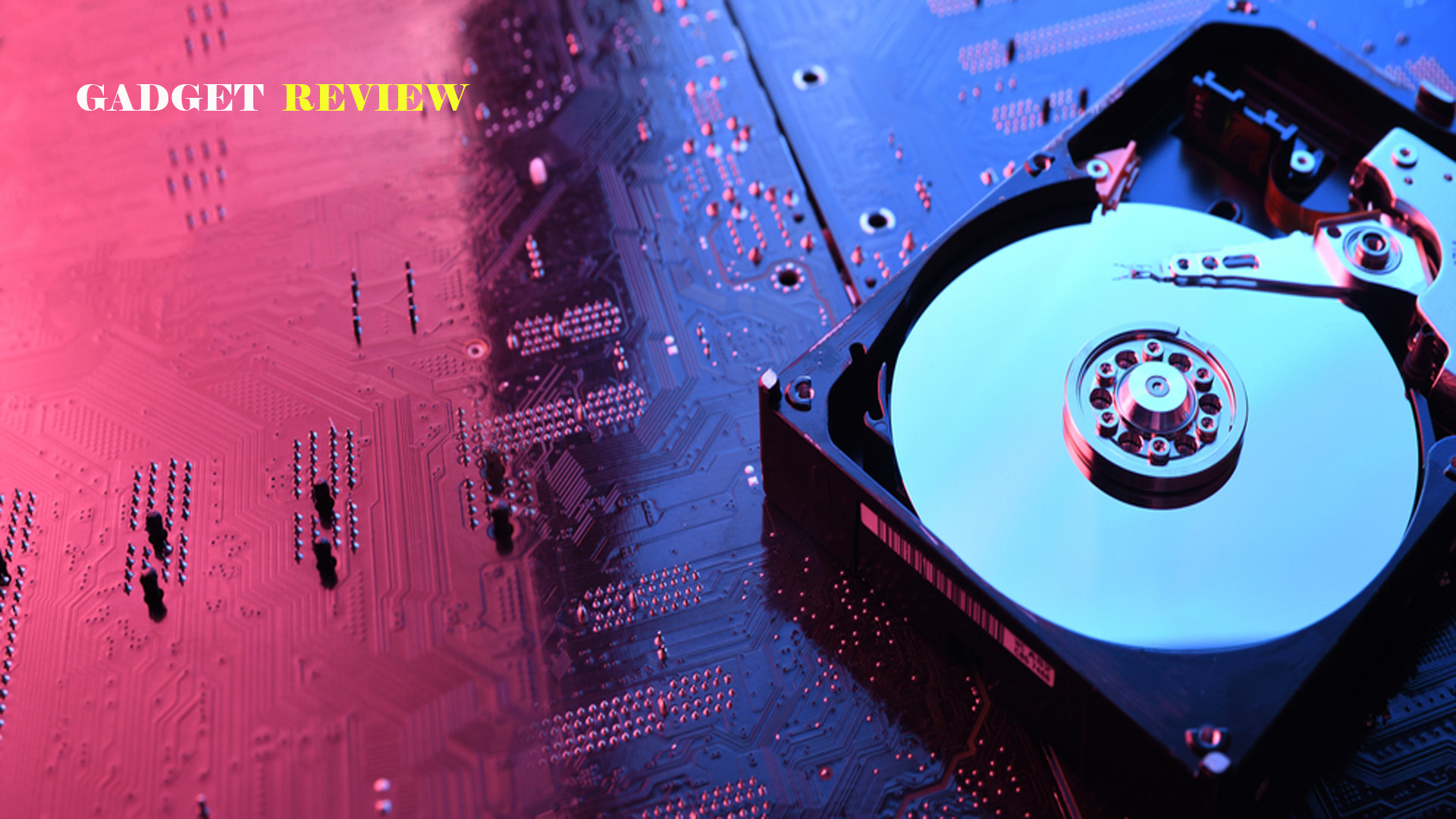When
comparing the durability of an SSD versus a traditional hard disk drive, there
are several factors to consider, including the amount of data stored on the
drive. An SSD is more expensive than an HDD, but it will still last longer.
Fortunately, SSDs are easier to maintain. This makes it easy for users to make
maintenance changes without having to replace the drive. A solid-state drive is
a better choice if you need to keep a lot of data.
Compared
to an HDD, an SSD will last longer. Because it doesn't have moving parts, it's
less likely to be damaged when dropped or shaken. Also, most hard drives use a
parking brake, which will stop the driver's read/write heads from flying over
the drive platter. This parking brake has a limit and will wear out faster than
the drive itself.
The
lifespan of an SSD is impacted by temperature and humidity. Both devices can be
adversely affected by high temperatures, as high storage temperatures can cause
metals inside the drives to oxidize. The high temperatures of smartphones and
tablets can also have a negative impact on the longevity of an SSD, as the
flash memory is susceptible to damage. Therefore, an HDD is the better choice
for long-term storage.
Read More: Best Budget Intel Motherboard for Gaming, Asus Expert Book B7 Flip
Another
difference between an HDD and an SSD is the rate of errors. An SSD is faster
and will not experience the same "fragmentation" issues as an HDD. In
addition, an SSD has better endurance. A solid-state drive will last much
longer than an HDD. This can be a big factor in determining whether an SSD is a
better option. It is also essential to remember that the performance of an SSD
depends on how it will be used. If you need a fast laptop, you should invest in
an SSD.
There
are also differences between HDD and SSD longevity. Both can last as long as an
HDD, but the former can withstand 3,000 times more write cycles, while the
latter can handle thousands of write operations. Regardless of which technology
you choose, an SSD has an edge over an HDD when it comes to longevity. If
you're looking for a reliable storage device, look for one that has good
durability and reliability.
While
the lifespan of an SSD is a significant advantage for many users, it's also an
important factor when deciding between an HDD and an SSD. If you use your HDD
regularly, it's important to know how many write cycles the drive experiences.
Neither type of storage will last for very long. In general, though, both types
of storage media will last for many years.
When
comparing an HDD and an SSD, consider the read/write limits of each. SSDs
typically last for more than 20 years, while HDDs typically last for only six.
However, the length of time a hard drive lasts depends on how much you use it.
Similarly, the longer it lives, the more you need to replace the drive. The
more data you have, the more your SSD can be expensive.
While
HDDs are cheaper and more durable than SSDs, a hard drive can last for five to
six years, depending on usage. A good SSD will last for many years, but it's
important to remember that an HDD's lifespan will depend on how it's used. If
you use it daily, it should last for at least five years. If you're buying a
new storage device for the first time, you'll want to know how much it's worth.
The
SSD is more expensive than an HDD, but it is still much cheaper than an HDD.
Its lifespan is also shorter than an HDD. An SSD will last much longer than an
HDD if it's dropped on its side. If you're considering a new hard drive, it's
worth it to know which one is more durable. An SSD will last for a decade or
more, depending on the application it's used for.
In
a comparison of the two, the HDD has the edge in terms of durability. Its
longevity is significantly longer than that of an SSD. An HDD can last between
three and five years, while an SSD can last for decades. An SSD can also be
damaged more easily than an HDD. Its longevity can be affected by magnetic
fields and other conditions, which make it a better choice for most users.






